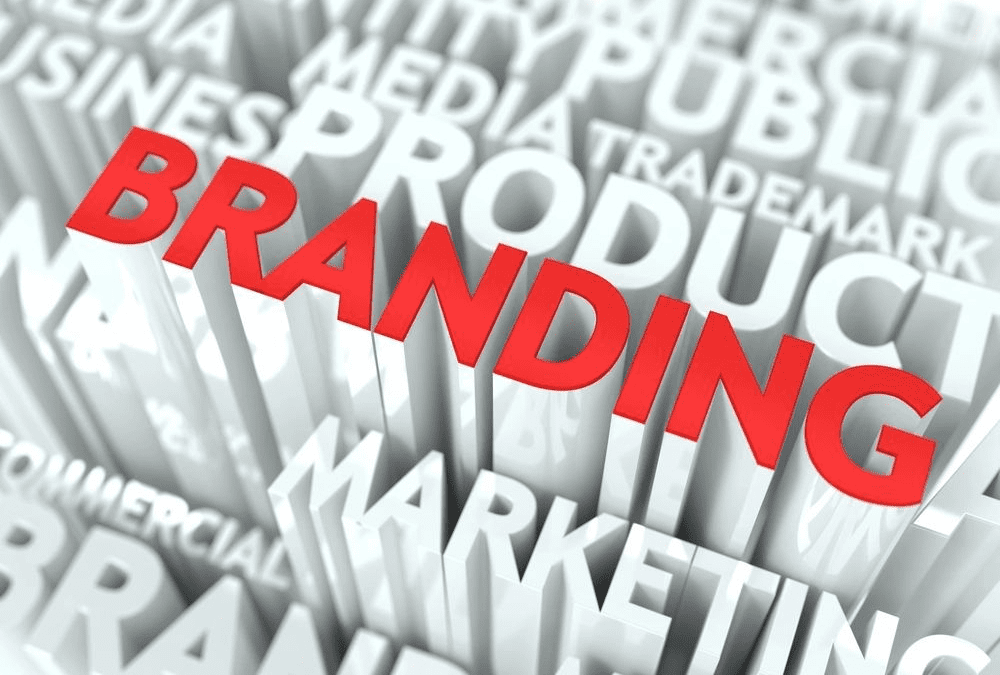What is the fastest way to develop a brand for your B2B business?
Branding is a big buzz-word in b2b sales & marketing. It’s often associated with established brands such as McDonalds, Wal-Mart, Amazon etc. While these are definitely established brands in their respective industries, they are not B2B businesses.
In fact, we can make the argument that branding a B2C business is simpler than branding a B2B business.
Why?
It really boils down to the target market and the sales cycle.
B2C businesses benefit from a short sales cycle where purchasing decisions are influenced by consumer emotions. For example, I’ve had a long day working, in and out of meetings and forgot my lunch, might as well go for a Big Mac trio during my 10-minute break. Extremely simplistic but you get the point.
On the other hand, B2B businesses have a much longer selling cycle and the purchasing decision by prospective businesses is made on the perceived ROI rather than emotional ties to the product.
Moreover, in B2B, a purchase decision requires inputs from multiple stakeholders (Purchasing, Operations, Sales etc.), thus you must convince different stakeholders throughout the selling process. One mistake, and the decision maker’s job may be at stake. Contrast this with buying a McDonalds trio on your way to lunch, and you can easily see how B2B is different from B2C.
So, what’s my point?
Well, branding is essentially all about connecting and communicating with prospective buyers. Whether you are B2C or B2B, that does not change.
What changes is how you go about branding your business. The focus of this segment is purely on a B2B perspective.
Let’s dive a little deeper as to how you should think about branding your business.
The Secret to B2B Branding
I want us to forget about Search Engine Optimization (SEO) for a minute. Surely, it’s an important factor for your company to rank high on search engines, but there are much faster ways of improving your company’s standing, both from a thought leadership perspective and SEO ranking perspective.
Right now, I want to focus on Thought Leadership.
A thought leader is someone usually perceived an expert in his/her field based on their actions, expertise and relevance to a specific topic. Warren Buffet is a thought leader in the investment world, Frank Kern in the digital marketing space, Alan Weiss in Organizational Performance Consulting etc.
When we hear a certain subject, our mind points to one person/company. When you Google or think of Management Consultants, you probably picture McKinsey, or Deloitte for professional services.
It’s that simple.
How does a Business Become a Thought Leader?
Essentially, companies selling to other companies need to get more creative about how they set up their thought leadership status. There are number of ways of delivering content online, including:
- Articles on your website
- Webinars shared and streamed on LinkedIn
- Guest appearance on reputable podcasts
- Creating an eBook for your audience
- Starting a YouTube Channel
- Sharing market research studies with prospects
The list goes on and on. You might not be able to do all of these at once, nor should you. But honing in on 2 at a time should be on your to-do list.
How do you speed up the branding process?
We all would like a silver bullet way of creating a brand as fast as possible. Contrary to popular belief, I believe there is a way that dramatically speeds up the branding process for any business. Sure, it is progressive and it will take time, dedication, commitment and expertise. But, if I can get you there in 6 months rather than 2 years would you be interested?
Well, here’s the key.
Branding secret: People consume media and information in different ways. Some may like to read about information, others like to listen while most want to watch or have visuals to accompany information. Therefore, we must be delivering valuable content in written, visual and audible forms SIMULATANEOUSLY so that we can MAXIMIZE our reach.
(This may be hard to achieve for a business on its own, no matter if they do have a marketing department or not. That is where Toledo comes in)
The idea is to repurpose your intellectual property (articles, market research, white papers, case studies, podcasts, webinars, eBook etc.). You do not have to start from scratch; simply switch up the subject matter’s communication channel.
For example, my insights page will soon become an eBook, which will be turned into a YouTube Channel discussion, then to a Podcast etc.
You get the point.
The more out there you are, the faster your business or personal brand gets noticed. Moreover, the better the chances at improving your SEO ranking.


